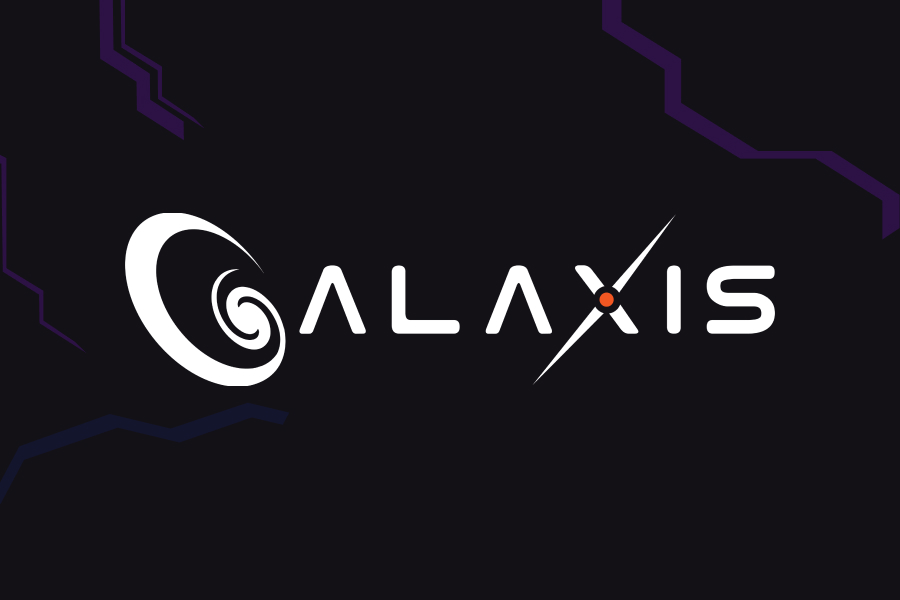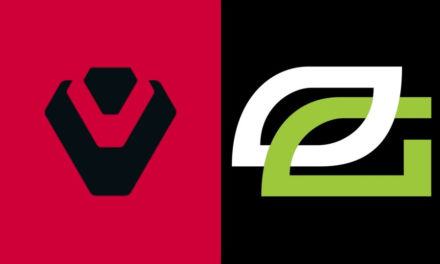Galaxis CEO Max Gallardo chats with Game Rant about the advantages of the future Galaxis streaming platform versus YouTube and Twitch.
Over the last decade, the impact of professional gamers and other streaming personalities has exploded. Tyler “Ninja” Blevins, for example, has broken down the barrier between “Internet fame” and actual, mainstream stardom. However, both Twitch and YouTube’s economic models have flaws that will likely necessitate significant adjustments in the future years. Competition might be a catalyst for change, and the upcoming streaming platform Galaxis could be a game changer.
According to CEO Max Gallardo, one of Galaxis’ distinguishing features is a simplified copyright licensing system that immediately deducts profits from the channel utilizing assets, potentially easing many of the bulk copyright strike content restrictions that have plagued artists. That alone may cause a stir in the business, but the platform’s most significant shift is in how it handles corporate contracts. Gallardo talked with Game Rant about the elements he believes will differentiate his streaming platform from industry heavyweights YouTube and Twitch.
Gallardo claims that the present paradigm in the streaming business promotes a culture of overwork and creative burnout. In the present paradigm, a creator’s work week starts at 40 hours and may go up to 80. Gallardo believes that the way Galaxis handles sponsorship may usher in a new era of content production.
Galaxis may be a game-changer if content producers can genuinely acquire corporate sponsorships in seconds without going via an agency or lawyer. Gallardo worked as a marketing director in the past and is familiar with the process of negotiating influencer sponsorships. Deals of this nature can take months to complete and must be drawn up channel by channel. Furthermore, sponsorships are often reserved for esports pros and streamers who have already established themselves.
Gallardo’s metaphor brings to mind a game of Fall Guys. While there is no limit to the amount of content that may be produced, there are only so many crowns available. A modification to the sponsorship model may allow streamers to earn a certain amount of money for a set amount of labor, such as a set number of hours on stream or a set number of videos created each week.
This would allow streamers to schedule more personal time and mental health breaks, perhaps relieving creative burnout. It may also aid in improving content quality in general. Gallardo’s metro-gate crush metaphor indicates that the only successful strategy is to broadcast aggressively, putting volume ahead of quality. Streamers thrive as much as, if not more than, on the strength of their personalities. Having extra time off to prepare our content – or simply to relax in between jobs – would almost certainly result in more interesting streams overall.
Gallardo’s concept for a streaming network is nothing if not bold, but Galaxis is still in the early stages of development, and delivering on its huge ambitions won’t be cheap. As a result, Gallardo stated that the firm is presently seeking a round of funding in order to prepare for a possible debut early next year.
Despite the fact that the platform is up against two well-established competitors sponsored by Amazon and Google, the possible return on investment may be worth the risk. When compared to other traditional marketing formats, influencer marketing is expanding at a meteoric rate. Making sponsorships more accessible may accelerate that growth and transform the streaming landscape.
Galaxis is presently looking for funds to help it debut in Q1 2022.







